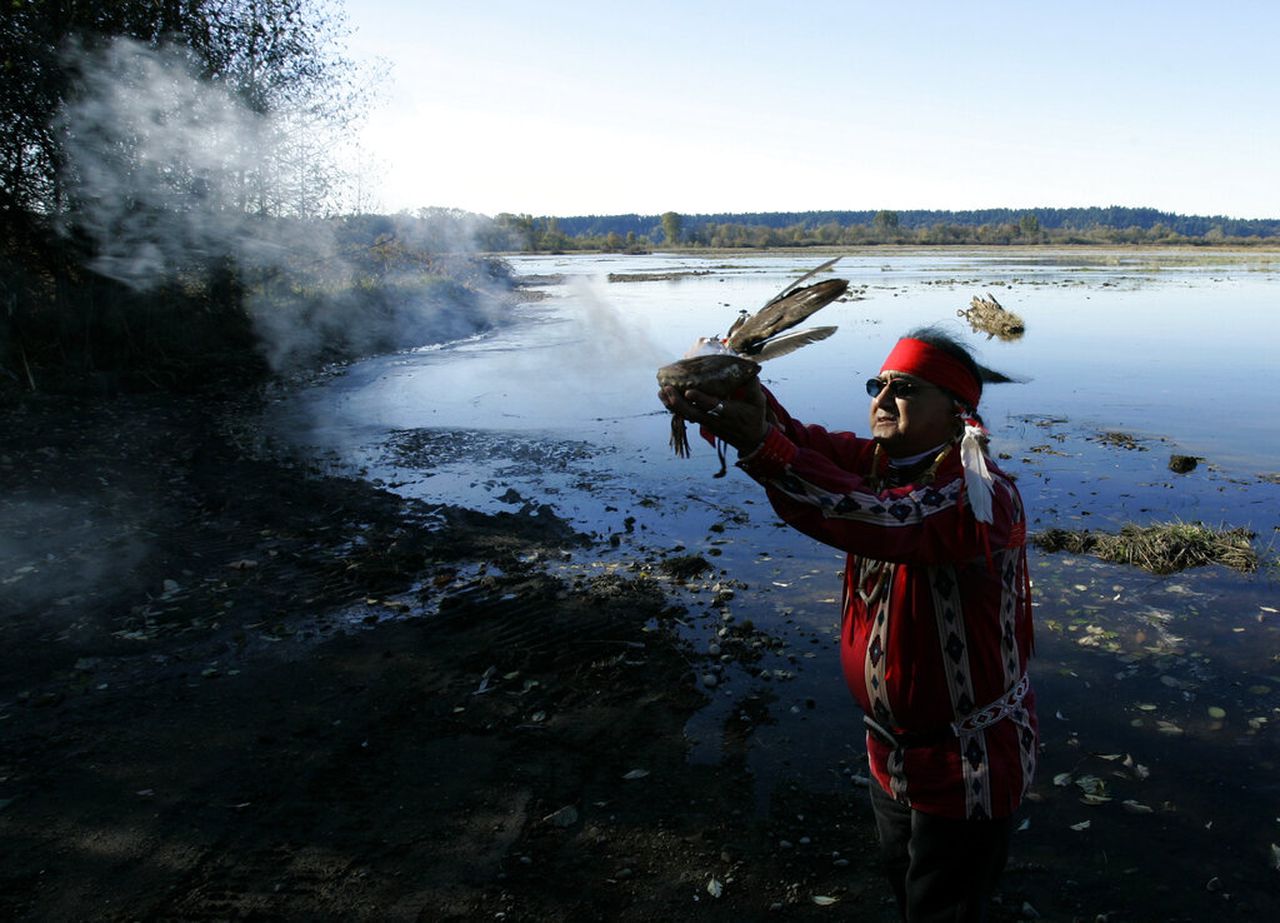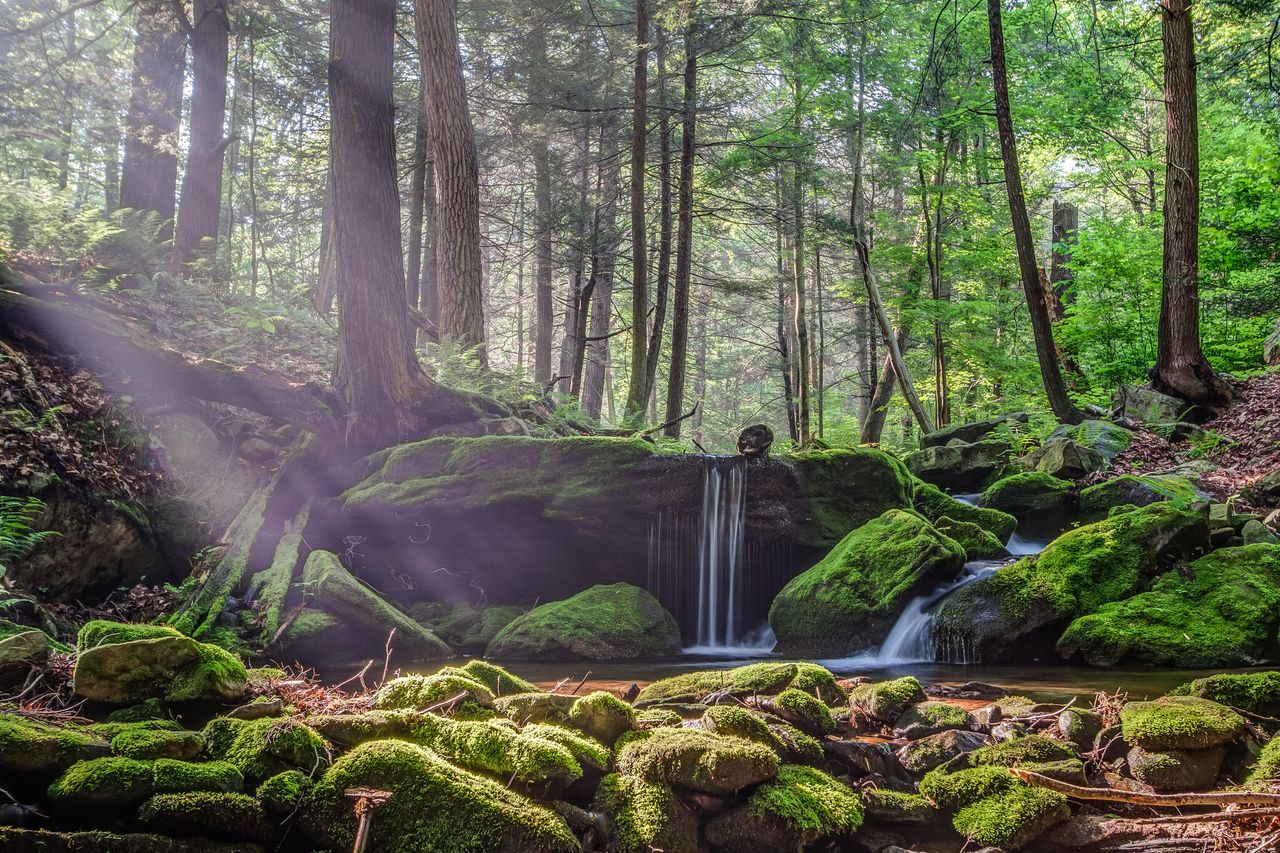When insurance companies flee, so do people
I played my first softball game of the season last night. It was a beautiful evening down on Alabama’s Gulf Coast, one of the first I remember in recent months that wasn’t exceptionally hot, humid and downright miserable.
Now, you might be wondering: what’s a Scotsman doing playing softball? As I sit here meticulously extracting clumps of Alabama soil, now glued to my leg with a fine mixture of blood and regret, I ask myself the same darn thing. Why? Aside from a few catches I made, including the one that messed up my leg, the ball soared over my head, zoomed through my legs and brushed past me pretty easily.
Fortunately, the left fielder and the shortstop had my back. As I fumbled through the game, they became an insurance policy while I learned the difference between a home run and a pickle, and how to pick up a ground ball confidently.
It got me thinking about how life is kind of just like that. Who’s really got your back and what happens when they aren’t there?
This week on the Meltdown, we’re delving into a topic that has left millions of Americans bewildered in recent years: the mass exodus of home insurance providers from climate-vulnerable states.
While I have you here, please feel free to follow me on Twitter, Facebook and Instagram. And share this newsletter with your friends if you think they’ll enjoy it.
Drizzle
People in climate-vulnerable states like Louisiana, Florida, California, and others have grappled with hurricanes, wildfires, drought and flooding in recent years, causing record levels of damage and, subsequently, home insurance costs have skyrocketed.
The withdrawal of major insurance providers, driven by climate change and high rebuilding costs, intensifies the crisis. With no immediate solution on the horizon, the escalating costs are changing lives, contributing to population declines, and raising concerns about the financial feasibility of living in these high-risk areas.
For example, around 17% of Louisiana’s residents lost their home insurance in 2022, according to a recent Louisiana State University survey. It’s the same picture in other states, too.
That placed a severe financial strain on homeowners and forced some to consider relocating.
Stephanie Frisella lives in New Orleans with her husband and saw their home insurance costs jump 80% in 30 days. Their original underwriter went bust, so they got a new provider. That company also went bust, forcing Frisella to use the expensive insurer of last resort, Louisiana Citizens. Over 16 months, the Frisellas are now paying more than double.
Instead of retiring to North Alabama in about a decade, they are moving as soon as possible.
“It’s scary to go from one month to the next not knowing if the insurer will make it and if we’ll need to scramble to find another one — or if there will be another one,” she said, noting that she and her husband had cut back on entertainment and hobbies.
“We know that other people have to make harder choices than us, but the extra costs have changed our lives a lot and have forced us to make some big life decisions.”
Waterfall in forest, Pennsylvania, USAGetty Images/500px Prime
Touch Grass
Big life decisions, especially ones forced upon us by our changing environment and climate, can be a lot for people to deal with, whether you experienced it personally or have been following the chaos on the news. For some, it can be anxiety and panic-inducing.Reckon previously spoke with eco-therapist Kathryn Dietzway about how to combat these feelings while also staying in touch with nature.
Spend frequent time unplugged in nature (in your backyard, at a local park, or walking around a neighborhood.)
- Practice mindful connection with nature by noticing what you see, smell, hear, feel and taste.
- Find a local trail to walk in a forest environment–forests are linked to activating the body’s relaxation response.
- Take off your shoes and feel the grass on your bare feet.
- Spend 10 minutes mindfully connecting with a tree. Notice its branches, colors, roots, etc.
- Practice deep breathing while outside: inhale for 6 seconds, exhale for 7 seconds.

Bob Sison, a Nisqually Tribal Elder, burns white sage as he takes part in a “Welcoming of the Tides” ceremony Tuesday, Oct. 31, 2006, near Nisqually, Wash. The ceremony, which took place as the tide came in, marked the removal of a dike, which allowed the return of saltwater to 140 acres of the Nisqually River delta estuary, and the restoration of critical salmon habitat at the south end of Puget Sound after the land was used for more than a century as a cattle ranch. (AP Photo/Ted S. Warren)AP
Compost Dump
Pay close attention to Climate Week in New York, which runs Sept. 17 to Sept. 24. The event gives a taste of what to expect ahead of the United Nations big climate summit, COP28. It will be held in the United Arab Emirates at the end of November. As you might know, the UAE is one of the biggest producers of oil in the world, pumping out over 4 million barrels a day.
While New York Climate Week’s overarching themes are about how to move along climate action, green technology, and how much progress has been made in recent years, here are some other issues to think about that you may not associate with climate action.
- How reducing militarism and war can help climate change.
- How the legacy of colonialism and racism in Africa has left its people vulnerable to the effects of environmental destruction and climate change.
- How handing back land to indigenous people can help preserve forests, lakes, and rivers.
Thanks for reading The Meltdown. If you’ve got any tips or suggestions about climate change, the environment, or softball, send them along to [email protected]
See you next week.
